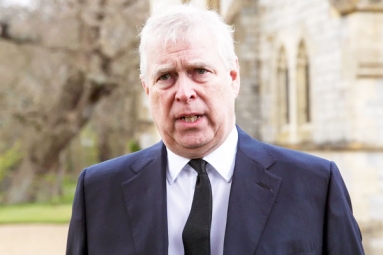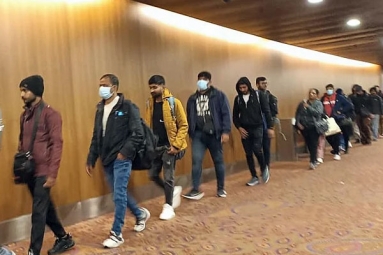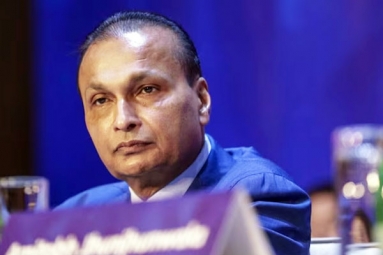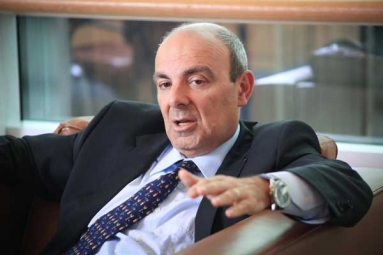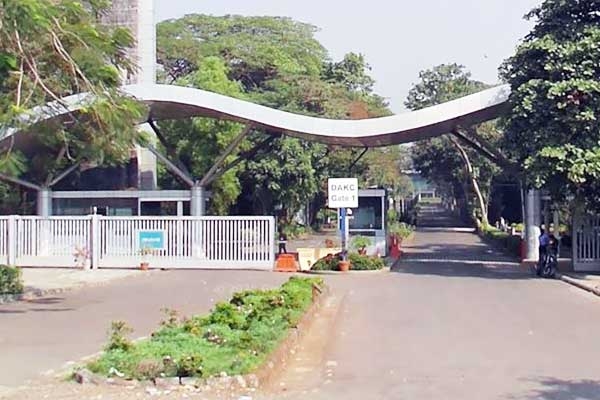
(Image source from: x.com/dir_ed)
The Enforcement Directorate (ED) has seized more than 132 acres of land in the Dhirubhai Ambani Knowledge City (DAKC) located in Navi Mumbai, worth ₹4,462.81 crore, as reported by knowledgeable sources. This is an important update in the bank fraud investigation involving Anil Ambani’s Reliance Group. As per informed individuals, with this move, the overall worth of properties seized related to the suspected loan frauds of the Reliance Group has increased to more than ₹7,500 crore. The seizure, conducted by the Special Task Force of the Directorate of Enforcement, was executed under the Prevention of Money Laundering Act (PMLA), 2002, according to sources. This follows a continuing investigation into the alleged redirection and improper use of bank loans by Reliance Communications Ltd (RCom) and other companies under the Anil Dhirubhai Ambani Group (ADAG).
Previously, the ED had seized 42 properties valued at over ₹3,083 crore in connection with cases involving RCom, Reliance Commercial Finance Ltd, and Reliance Home Finance Ltd. The inquiry originates from a CBI FIR that was lodged under Sections 120-B, 406, and 420 of the Indian Penal Code, along with Section 13(2) read with Section 13(1)(d) of the Prevention of Corruption Act against RCom, Anil Ambani, and others. The Reliance Centre in Delhi (RCD) and Dhirubhai Ambani Knowledge City (DAKC) are owned by Reliance Communications Ltd (RCom). The company has been in the Corporate Insolvency Resolution Process (CIRP) for over six years now. Issues related to its resolution are currently in court before the National Company Law Tribunal (NCLT) and the Supreme Court of India. On Monday, Reliance Infrastructure Ltd provided clarification that some assets of the company had been temporarily attached by the ED for suspected breaches of the PMLA.
“We want to inform that some assets of the Company have been temporarily attached by ED for suspected violations of the PMLA. This does not affect the business operations, shareholders, employees, or any other stakeholders of Reliance Infrastructure Limited. Mr. Anil D. Ambani has not been on the Board of Reliance Infrastructure Limited for more than 3.5 years,” stated the company in its announcement. According to the ED, RCom and its associated companies took loans from both local and international lenders between 2010 and 2012, totaling ₹40,185 crore, with five banks labeling the accounts as fraudulent. The investigation has disclosed that loans taken by one entity from one bank were reportedly used to pay off debts of other entities, transferred to related parties, or put into mutual funds—actions that breached the conditions set for loan approval.
ED made it known that more than ₹13,600 crore was misused for “evergreening” loans, ₹12,600 crore was sent to related parties, and ₹1,800 crore was put in fixed deposits and mutual funds before moving to group companies. It also found widespread misapplication of bill discounting services and foreign remittances to embezzle funds. Following this latest action, the total value of assets seized in the Reliance Group’s bank fraud matters amounts to ₹7,545 crore. Additionally, ED stated it is dedicated to targeting those who commit financial crimes and reclaiming the stolen money for the rightful owners. The investigation by the ED has revealed that from 2017 to 2019, Yes Bank invested ₹2,965 crore in RHFL and ₹2,045 crore in RCFL. By December 2019, these investments had gone bad, with RHFL having ₹1,353.50 crore outstanding and RCFL ₹1,984 crore.
Investigators discovered that money gathered from the public through the earlier Reliance Nippon Mutual Fund was not intended to be invested straight into finance companies of the Anil Ambani Group due to SEBI’s conflict-of-interest policies. To get around this rule, the funds were supposedly funneled indirectly through Yes Bank’s investments, eventually reaching group companies. Both the ED and CBI found that money was transferred through Yes Bank’s connections with RHFL and RCFL, which then provided loans to businesses tied to the Reliance Anil Ambani Group. These dealings are now part of current investigations into money-laundering and corruption.
The ED reported large sums were diverted, lent to related companies, and misappropriated. Significant corporate loans that were meant for business purposes instead went into the accounts of linked entities. The organization pointed out critical management failures at the lending stage — loans were handled much too quickly, with some applications, approvals, and fund distributions happening all on the same day. In various cases, money was released even before the loans received official approval. Site inspections were overlooked, paperwork was either incomplete or changed, and the collateral was either insufficient or absent. The ED indicated that these continuous and intentional oversights showed “deliberate control failures.”
A recent CBI chargesheet also claimed that the former CEO of Yes Bank, Rana Kapoor, and businessman Anil Ambani were involved in a conspiracy that led to losses of more than ₹2,700 crore for the bank through improper investments in Reliance Group companies.



